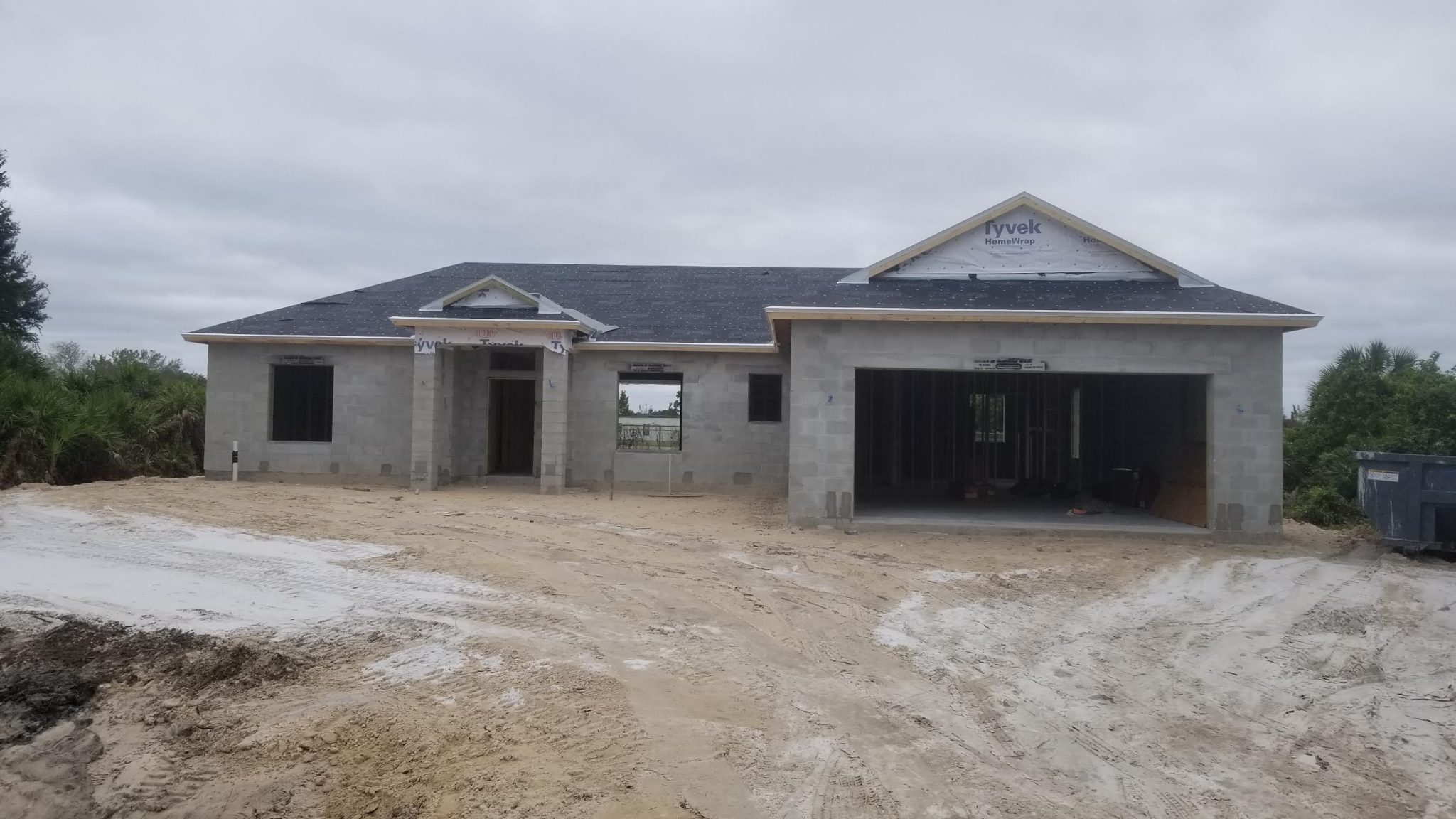Constructing a brand new home is an thrilling journey that offers the possibility to create a environment tailored to your unique style and requirements. However, it can also be a overwhelming process filled with decisions and obstacles. If you are a first-time builder or have past experience, understanding the essential steps and considerations is crucial to ensuring a favorable outcome.
From picking the right floor plan to navigating the financing options, there are many factors to consider along the way. This resource aims to provide you with 10 important tips that will help you maneuver through the home building process with confidence. With careful planning and knowledgeable decision-making, you can transform your vision of a new home into a actuality, making it a rewarding and delightful experience.
Organizing Your Home Build
Preparing your residential construction is a crucial first step that establishes the foundation for a productive construction project. Start by defining your goals and objectives. Consider factors such as your family’s needs, lifestyle preferences, and future aspirations. Do sites envision a roomy open-concept layout for entertaining or a more traditional layout with defined areas? Having a clear vision will help steer your decisions throughout the building process.
Next, it is essential to create a realistic budget. Determine how much you can invest and evaluate financing options for your new home construction. Be mindful of both expected expenses and possible hidden costs that may emerge during the homebuilding process. Creating New Home in Southern Highlands detailed budget will allow you to distribute funds appropriately for critical areas, materials, and any supplementary features you wish to include in your home.

Finally, assembling a reliable team is key. Research and interview several home builders to find one whose style and expertise coincide with your vision. Additionally, consider enlisting professionals such as architects and interior designers early in the planning phase. Their insights can enhance your design and help sidestep costly mistakes later. Building clear communication and trust with your team will facilitate the entire process and contribute to a successful home build.
Resources and Construction Choices
Selecting the correct resources for your upcoming home is essential as it influences both the resilience and appearance of your house. https://posteezy.com/ten-crucial-suggestions-winning-house-construction include conventional resources like brick and wood, as well as current options such as plaster. Each material has its own range of advantages and drawbacks; for case in point, brick is famous for its longevity and superb insulation properties, while timber provides warmth and flexibility in style. It's crucial to take into account the weather, accessibility in the area, and taste when choosing materials.
In addition to the exterior, indoor materials play a major role in the overall appeal and usability of your home. Floor coverings options range from hardwood and tile to engineered wood and rug, each providing special qualities. When choosing flooring, think about aspects like endurance, maintenance, and how each material fits into your lifestyle. Eco-friendly materials, such as bamboo and upcycled ceramic tiles, are also increasingly acceptance, making them valuable options for eco-conscious builders.
In conclusion, understanding the construction options available will aid facilitate the construction process. Choices such as classic frame construction, modular building, and prefabricated elements can affect the timeline and budget of your house build. Partnering with your builder and architect to understand the consequences of each method ensures that you are taking informed choices that match your concept for the house.
Financing The New Home
When it comes to financing the new home, understanding the different loan options present is crucial. Traditional mortgages, construction loans, and government-backed loans like FHA or VA can offer varied benefits based on the specific situation. Construction loans are often temporary and designed to cover the cost of building, converting to a permanent mortgage once construction is complete. It's important to compare interest rates and terms to find the most suitable option for the financial situation.
Budgeting for the new home build involves not just the purchase price. You should factor in additional costs such as site preparation, permits, and unexpected expenses that may arise. A well-structured budget allows you to allocate the funds effectively, identifying areas where you might save and where it's worth splurging. Keep in mind that hidden costs like utility connections and landscaping can accumulate, so thorough planning is essential to staying within the budget.
Qualifying for a construction loan demands careful preparation. Lenders will assess your credit score, income, and the builder's credentials. Providing a comprehensive construction plan and a realistic timeline can greatly enhance your chances of approval. It's also wise to consult with a financial advisor to navigate the qualification process and ensure that you are making informed choices. By understanding how to finance your new home build, you set the stage for a smoother construction journey and a successful outcome.
